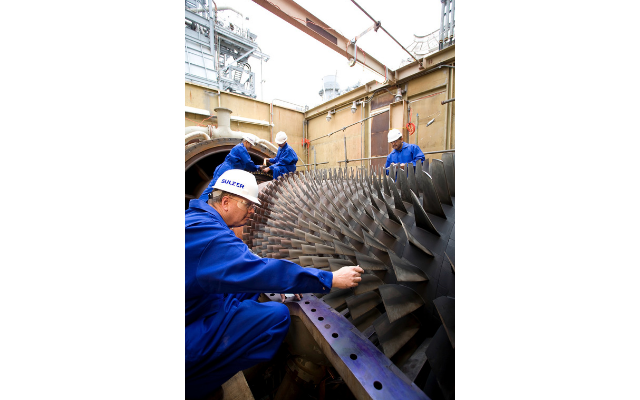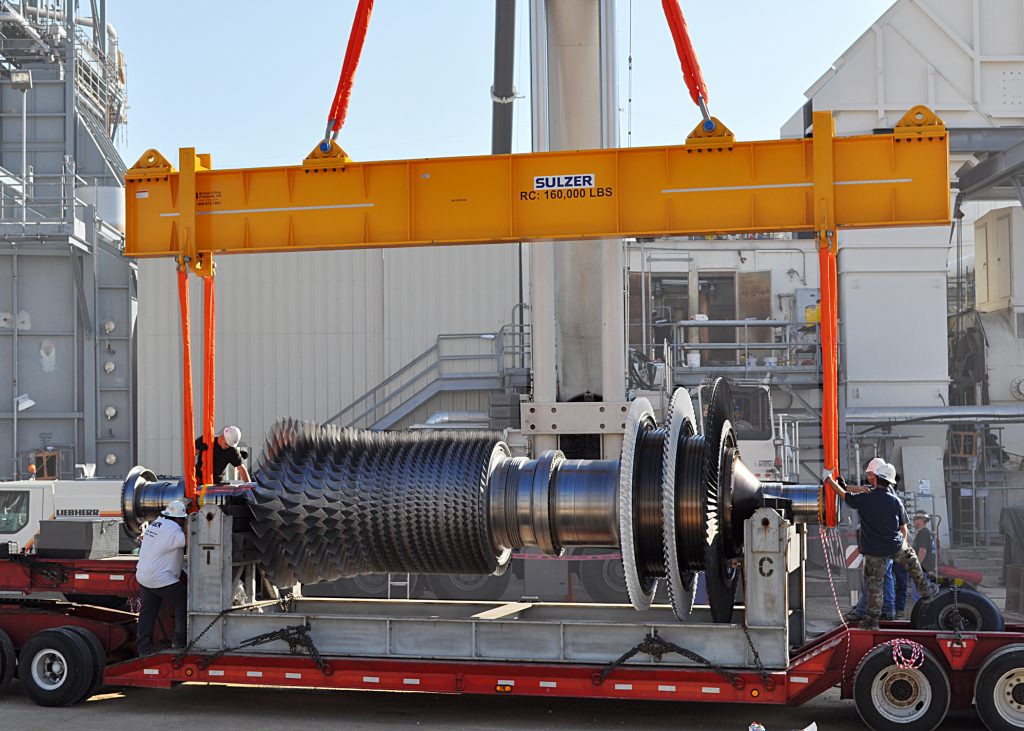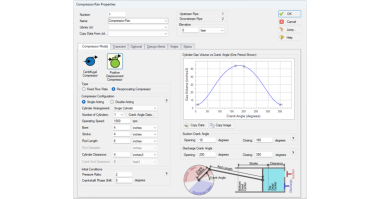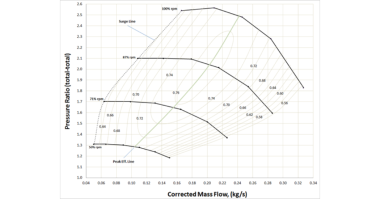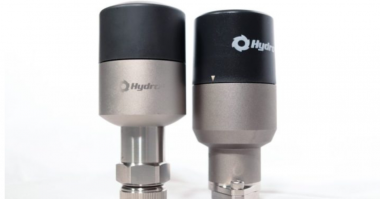Contributor: Sulzer
Aftermarket support for thermal turbomachinery, which includes gas turbines, steam turbines and turbo compressors, is essential for continued reliability and efficiency. Plant owners often have to choose between continuing with an original equipment manufacturer (OEM) maintenance contract or one offered by independent service providers (ISP).
Larry Tondre, Division Superintendent Field Services (US) for Sulzer, looks at the skills and facilities required for a comprehensive field services offering.
Bearing in mind the importance of this equipment, the level of support needs to be of the highest quality and delivered on time, so that the availability of the equipment is assured outside of the annual shutdown periods. In these situations, planning is vital and speed is essential if all of the necessary work is to be completed on time.
Just as important is the communication with the client. Concise information and a transparent repair process are crucial in providing confidence to the plant owner.
Replacing components demands a high degree of precision and expertise; those involved in the maintenance process of turbo machines require high levels of training and experience to maintain this precision equipment. As a world-class ISP, Sulzer has built a reputation for fast response times and on-time delivery of solutions; field services teams are the key success factors.
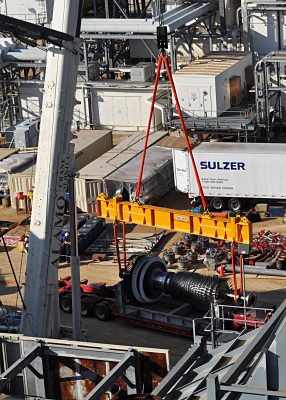
The maintenance teams must be able to rely on the best support in terms
of logistics and safety equipment
Planning field support
The role of a skilled field services team is multifaceted. Taking gas turbines as an example, the role encompasses combustion inspections, hot gas path inspections, and major outages, both planned and unforeseen. In addition to the mechanical work scope, non-destructive testing (NDE), borescope inspections and control system checks are required. In order to successfully deliver desired results, it is essential to have excellent project management skills to coordinate these efforts.
Such a team also requires considerable logistics support ensuring all the right tools and safety equipment are on site for each part of a project. This can include specialty tools, such as certified lifting beams, laser alignment systems and borescopes.
As part of a planned outage, removed components are identified for inspection and repair. Staying with the gas turbine example, the correct operation of the primary fuel nozzles has a highly significant effect on the performance of the turbine as well as the emissions generated by the unit.
With the nozzles playing such a crucial role, it is important to keep them in optimum condition and properly calibrated whilst also minimizing the time taken to complete the turbine overhaul. To that end, operators maintain a spare set of nozzles, which have already been refurbished prior to the planned outage by an independent service provider like Sulzer. The field services team is then able to install a complete set of overhauled nozzles with minimal delay to the operator and their process.
This is an area where Sulzer has excelled, by resolving a fuel leakage issue occurring on 6B DLN and 7EA DLN primary fuel nozzles. The development of a proprietary nozzle seal design has reduced the repair time and delivers zero leakage, which helps to maintain exhaust emissions within prescribed limits.
In order to deliver a comprehensive field service solution, maintenance providers essentially need three attributes: expertise, flexibility and high-quality, in-house facilities that are equipped to deliver lasting repairs. The field service engineers are reliant on the skills and expertise of the remanufacturing facilities to deliver the highest level of service.
Sulzer appoints new President for Rotating Equipment Services in South America

